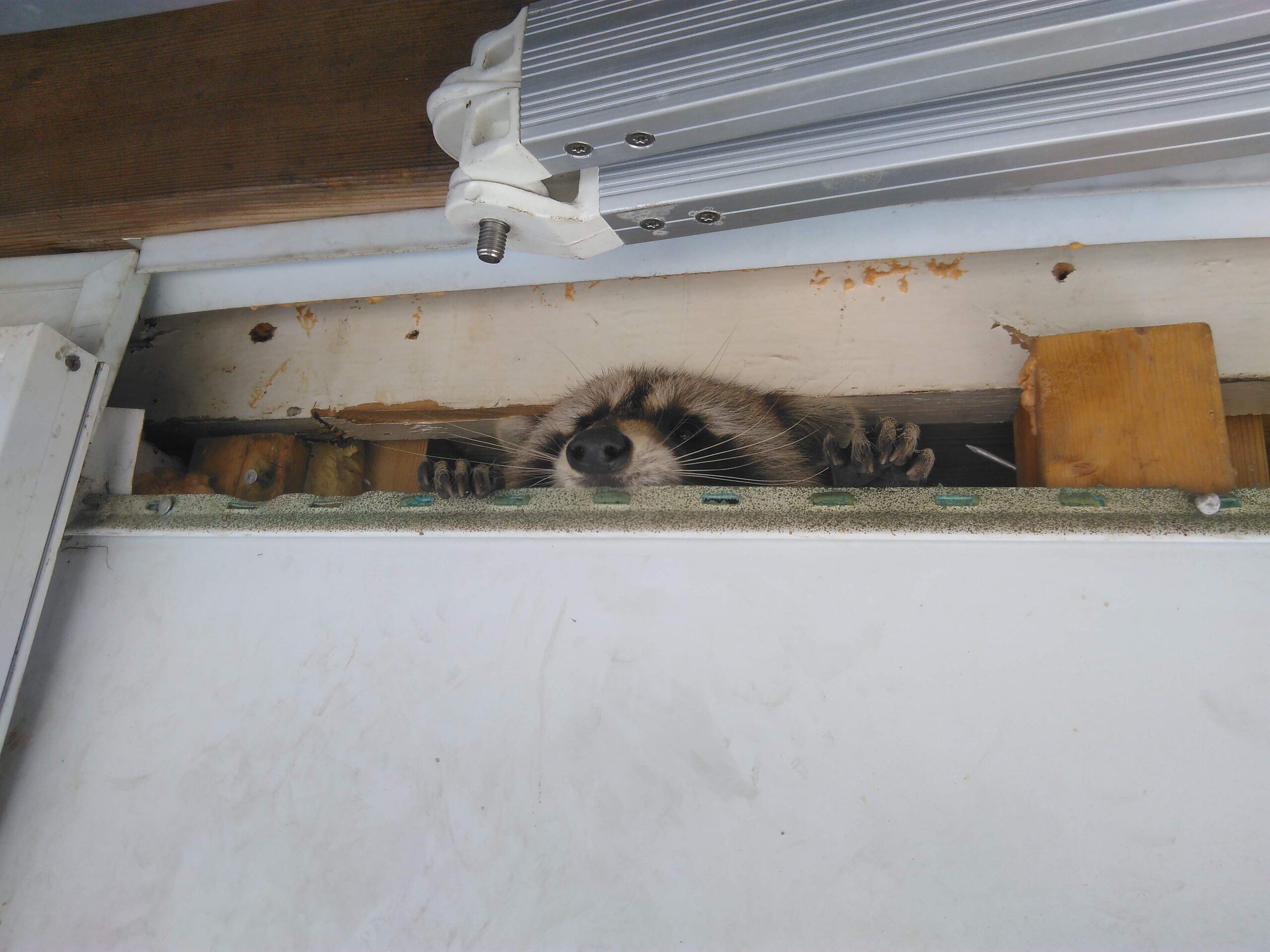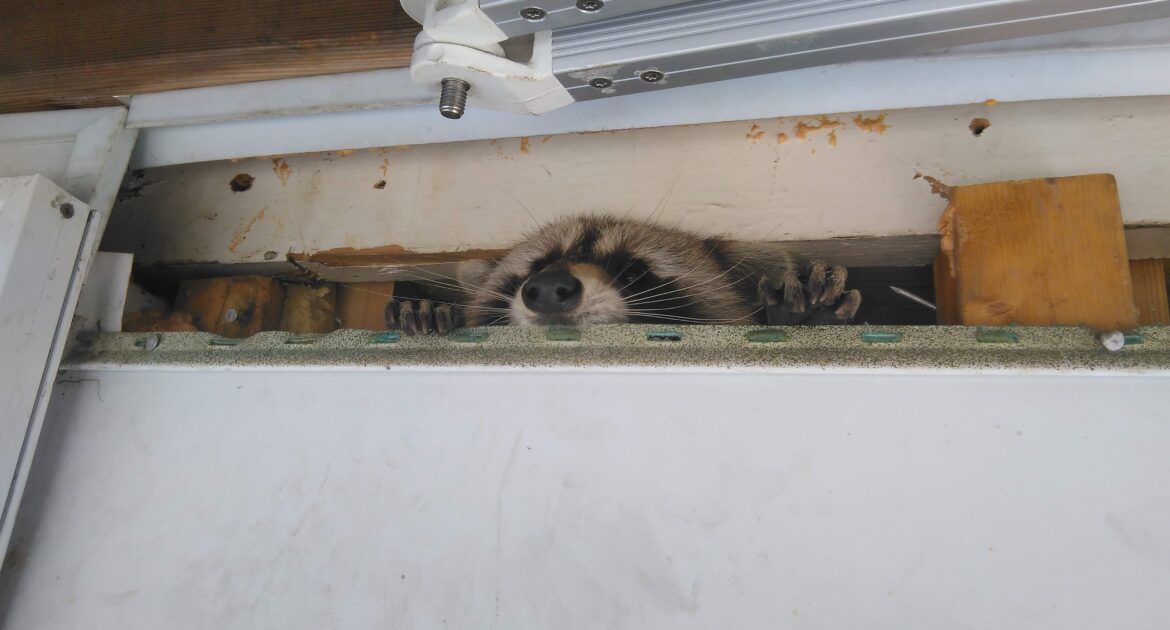Raccoons are cute and clever creatures but though they may seek shelter in your home, they are wild animals that do not belong there. If they do get in, immediate raccoon removal is imperative. In addition to causing extensive property damage, raccoons can also bring parasites such as fleas into your home.
Can Raccoons Have Fleas?
Fleas are small, flightless insects that feed on the blood of mammals. Furry animals are especially at risk of flea infestation. This includes domestic pets, such as dogs and cats, as well as wild animals, including raccoons. North America is home to hundreds of different species of fleas, and they are usually named based on their preferred host. Thus there are cat fleas, dog fleas, human fleas, and rat fleas, as well as fleas that feed primarily on wild animals.
Can Raccoons Spread Fleas to Your Family or Pets?
Because of the proximity of wild habitats and human habitations, there have been instances of wild animals becoming infested with domestic fleas and vice versa. While fleas may have preferred hosts, they have been known to bite and infest other animals as a matter of necessity. Some species of fleas are less picky than others. The cat flea, which is the most common type on the continent, has been known to bite 190 species of wild animals, while dog fleas have only been found on 31 species.
If raccoons get into your house, they may bring either their own species of fleas or domestic flea species that they have picked up elsewhere. Either way, your pets may be vulnerable to bites and infestation. Some common species of fleas mostly leave people alone if there are furry animals in the house. However, if you don’t have pets, they may bite you instead. Flea bites irritate the skin and cause itchy bumps. They are sometimes mistaken for mosquito bites. Fleas can carry and spread diseases, such as the plague.
What Other Parasites Can Raccoons Carry?
Raccoons can carry other parasites, including roundworms, lice, and mites, unwittingly bringing them into your home. All of these parasites can spread to people and pets. Raccoons can carry the black-legged tick, also known as the deer tick, which is the species that carries Lyme disease. The good news is that if you have a raccoon in your house infected with Lyme disease, it does not spread directly between the infected animal to people or pets. The bad news is that, once the ticks get into your house, they can then bite your family members or pets, which is how Lyme disease spreads. Lyme disease is a bacterial infection that can be treated with antibiotics. However, it can be difficult to diagnose because the symptoms often mimic other illnesses. Left untreated, Lyme disease can cause serious long-term complications.
How Can You Keep Raccoons From Spreading Fleas?
If you have pets, you should not leave their food sitting outside. Raccoons are always on the alert for a free meal and may see your pet’s dish as an open buffet. They like to make their homes in areas where food is readily accessible, so the next step may be your attic. However, even if raccoons do not get inside, they may still spread fleas to your pets by sharing their food dishes. You should also control other possible sources of food for raccoons around your home. For example, they love to eat out of garbage cans, so you should have a tight-closing lid for these and secure them so they don’t fall over.
Prompt Raccoon Removal Helps Prevent Flea Infestation
If raccoons do get into your home, the risk of flea infestation increases. Furthermore, raccoons are not the only wild animals that can bring fleas into your home. Skedaddle Humane Wildlife Control in Waukesha removes wild animals from your home, returning them to their natural habitat, and keeps them from coming back. Find out how we can help with a raccoon problem.




